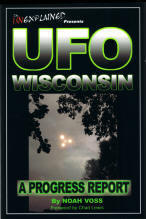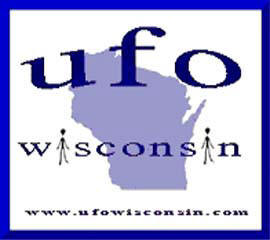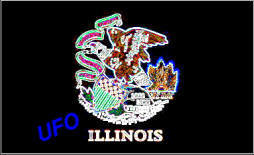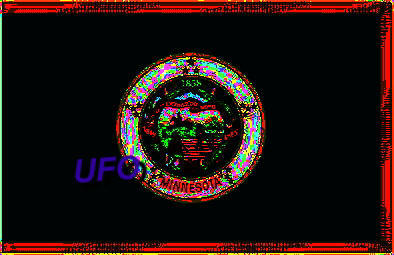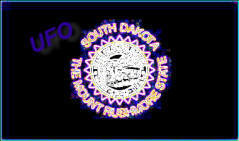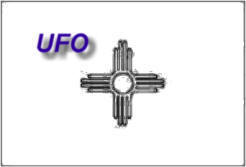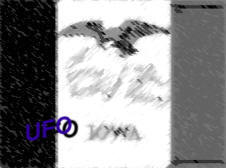GetGhostGear.com
- Ghost
Hunting Gear, Tools and Equipment
For Sale!
|
||
|
|
Paranormal Investigating Equipment 102Visit the Get Ghost Gear store of over 100 ghost hunting tools!Opinion Editorial by Noah Voss
In
Paranormal Investigating Equipment 101
we discussed a generalized scientific approach focused heavy on
quantifiable data. The formation of an institute to act as a
holding of research archives and focused on disseminating quality knowledge would
aid in accomplishing this. That's all fine and well, but not a
current reality.
So what do we have today? A magnitude of fragmented, cross-demographical, hunters, researchers and investigators with varied skill-sets. Alright, so how exactly can we apply some of the procedures or the general approach to the investigations that are taking place right now? We talked about forming a logical theory based upon quantitative data, then testing the theory true or false (paranormal investigating equipment 101). Let's dissect that idea a bit. We can start with quantitative. It is easy to say quantitative can be thought of as the opposite of qualitative. Where qualitative is often discussed as simply giving scope or relative-ness to a particular situation. For example, saying "break a leg" to a foreigner who may not be familiar with the expression, would need qualifying. Qualifying the statement might go something like, "well you see when we want to wish someone good luck, especially an actor this is a phrase that is said before they perform, however in no sense does it actually mean for them to go and break one of their legs". When I am researching reports of the paranormal, I often find myself seeking clarification or qualifying comments by an experiencer or witness. Spooky tree at sunset. Photography by Noah Voss. During an interview process, people will often say things like "well I saw the ghost over here." To which I may follow with, "what does 'ghost' mean to you?" or "what exactly did you experience?". Those are qualifying questions that we are utilizing in attempts to find specifically what "ghost" encompasses for the experiencer specifically. This needs qualifying due to the many different cultural interpretations of ghosts, whether you believe devoutly that they exist or not. Another situation that seems to have been increasing in the last few years are questions like "will you come in and tell me if my house is haunted or not?". This can be a stumbling block for many new investigators. Typically I use qualifying statements to express or even teach the clients the complexity of the situation. This can be accomplished by responding with probing questions such as "alright, what does haunted mean to you?". This forces the client to narrow and qualify their statement against their knowledge. You can continue this line of questioning until everything is qualified back to known and widely agreed upon facts, not kitschy over generalized phrases such as "ghosts" and "haunted." When this is done successfully, the client is happy with us after an investigation leaving one of two ways. The first would be we experienced as of yet unexplained events that would require additional research and investigation to narrow the possible cause of the events. The second would be that we did not experience anything unexplained during our time at the investigation location.
EMF Meters, one with lights turned on. Photography by Noah Voss. Data can also be subjective and should be then qualified as such. Some examples of qualitative data might be, interview documentation, dowsing rod responses, and sensitive's (psychics, mediums, ect.) insight. This qualitative data might also be called circumstantial, or anecdotal. Many times this qualitative data is unhelpful by itself. When used as part of the whole picture it may help to uncover or better understand quantitative data and create testable and additionally accurate theories. Qualitative data should never be used exclusively to create theories, due to the unknown and uncontrollable variables associated with them. So now we have a slightly better perspective between quantitative and qualitative, let's dive further into the semantics of the whole field with our new understanding. Continued on page 2
Search GetGhostGear.com
Custom Search
|
|
|
More than 100 different sighting locations!
|
||
|
Ghost Towns Mothman! Ghost Hunting Kecksburg UFOs! ~Hauntings~ Gravity Hills Gettysburg! Salem Witches? all and more in: "Entertaining and Funny while remaining Frank and Informative...dare I say enlightening!" Thee Paranormal Travel Adventure blog A new adventure released each Monday! Thee Paranormal Travel Adventure blog
|
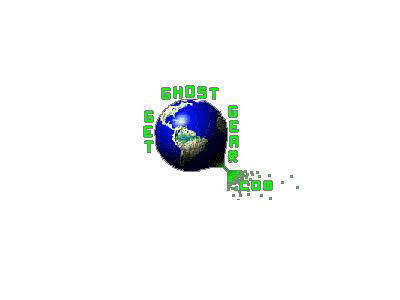
In collaboration with
www.ufoWisconsin.com www.ufoIllinois.com
www.ufoMinnesota.com www.ufoSouthDakota.com
www.ufoNewMexico.com www.ufoIowa.com all contributing endeavors to GetGhostGear.com Enterprises |
|
|
GetGhostGear.com - Ghost Hunting Gear, Tools and Equipment For Sale! |
||
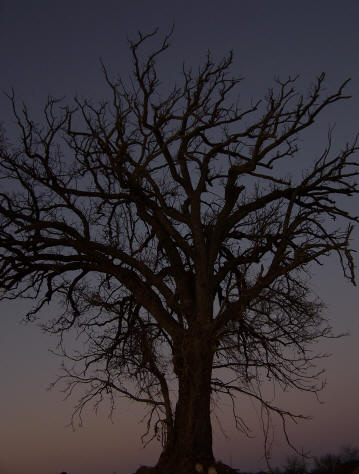
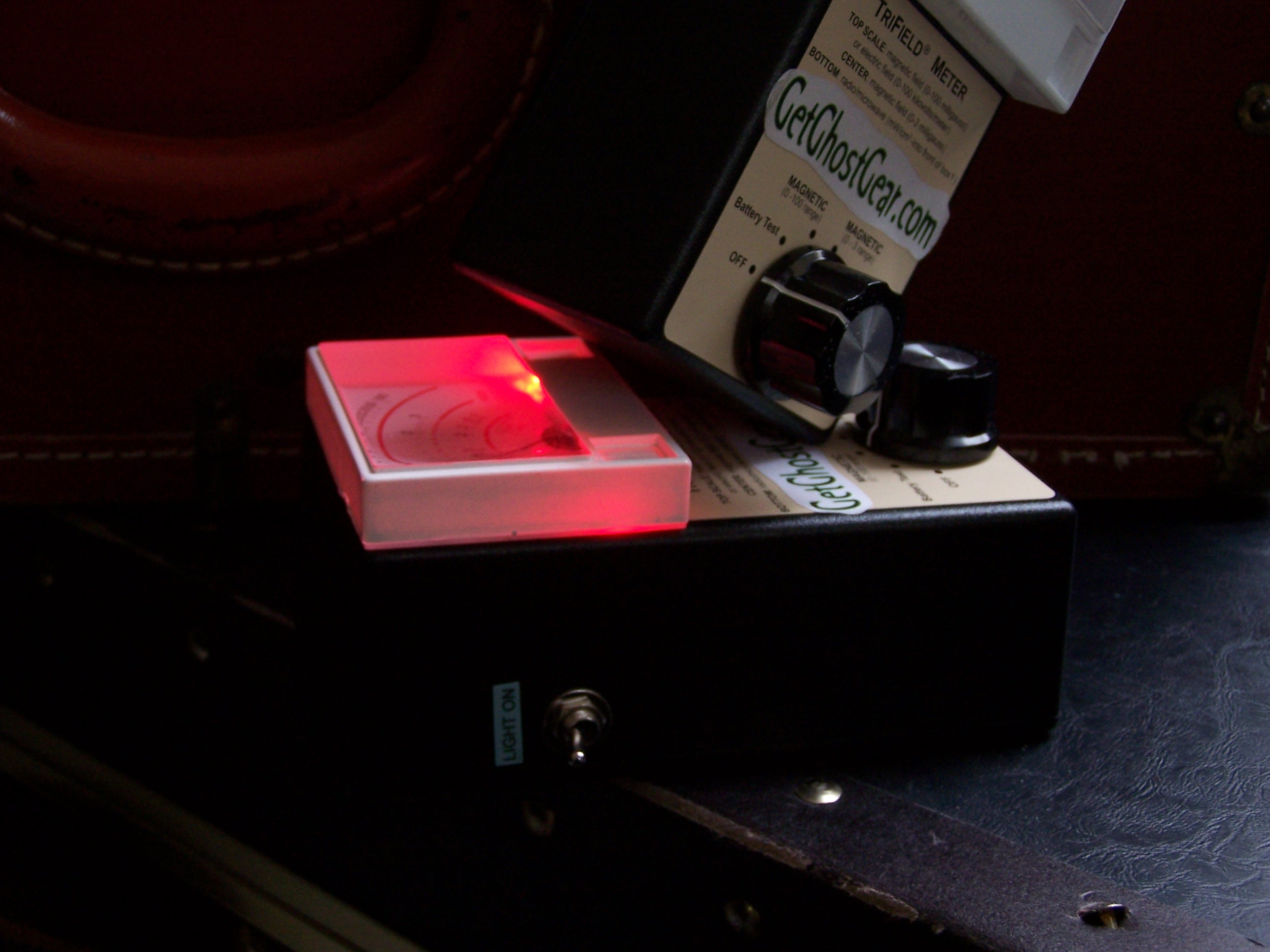 Another single word or idea of what
you are then left with is quantitative terminology. Yes, that took
awhile to get to, but we came full circle back to quantitative.
Quantitative is often used in connection to data acquired by the scientific
equipment used during investigations. I often speak of
quantifiable or quantitative data. Data being simply information
that was acquired during your investigation. Some examples of
quantitative data might be photographs, video, audio recordings,
electromagnetic field readings, weather records and so on.
Another single word or idea of what
you are then left with is quantitative terminology. Yes, that took
awhile to get to, but we came full circle back to quantitative.
Quantitative is often used in connection to data acquired by the scientific
equipment used during investigations. I often speak of
quantifiable or quantitative data. Data being simply information
that was acquired during your investigation. Some examples of
quantitative data might be photographs, video, audio recordings,
electromagnetic field readings, weather records and so on. 
